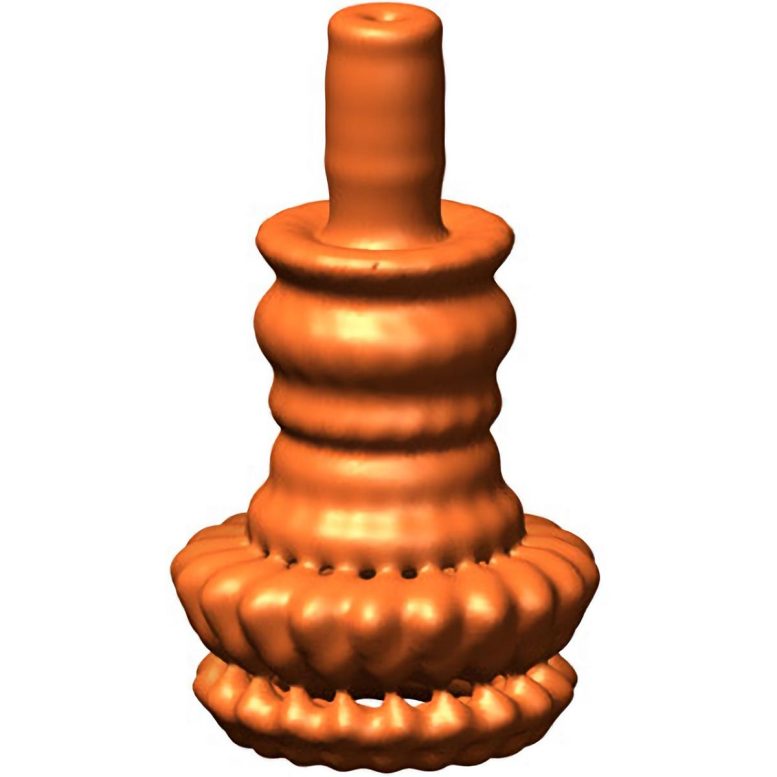
In a newly published study, Yale University researchers detail how they engineered a system that tricks bacteria to deliver a safer vaccine, which could be used to combat cancer as well as a wide variety of infectious diseases.
Vaccines that employ weakened but live pathogens to trigger immune responses have inherent safety issues but Yale researchers have developed a new trick to circumvent the problem — using bacteria’s own cellular mistakes to deliver a safe vaccine.
The findings, published online on March 12 in Nature Communications, suggest new ways to create novel vaccines that effectively combat disease but can be tolerated by children, the elderly, and the immune-compromised who might be harmed by live vaccines.
“We have managed to assemble a functional protein-injection machine within bacterial mini-cells, and the amazing thing is that it works,” said Jorge Galan, senior author of the paper and the Lucille P. Markey Professor of Microbial Pathogenesis and chair of the Section of Microbial Pathogenesis at Yale.
Galan’s team has assembled the molecular machine used by Salmonella to cause food poisoning or typhoid fever. Scientists have been successful in modifying this protein injection machine to trigger a protective immune response against a variety of infectious diseases. However, it has been necessary to use modified or virulence-attenuated bacteria that carry this machine.
The new trick exploits a mutation that causes bacteria to create “mini-cells” when they improperly divide. Mini-cells contain no DNA and, therefore, are not pathogenic and extremely safe. Galan’s team was able to assemble the protein-injection machines within these bacterial cells, which when administered to mice, deliver antigens that trigger an immune response without causing an infection.
The system could be used to combat cancer as well as a wide variety of infectious diseases, Galan said.
Reference: “Engineering the type III secretion system in non-replicating bacterial minicells for antigen delivery” by Heather A. Carleton, María Lara-Tejero, Xiaoyun Liu and Jorge E. Galán, 12 March 2013, Nature Communications.
DOI: 10.1038/ncomms2594
Heather A. Carleton is lead author of the paper. Other Yale authors include Maria Lara-Tejero and Xiaoyun Liu.
The research was funded by the National Institutes of Health.